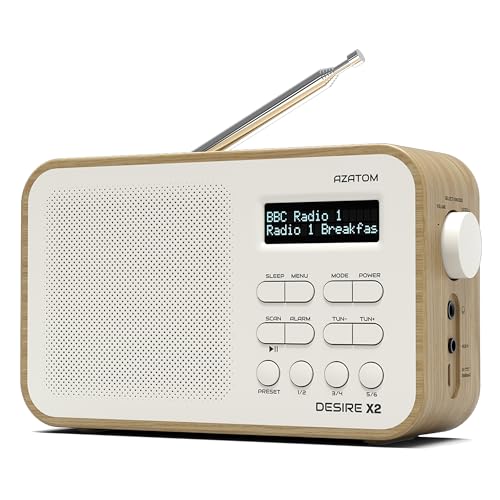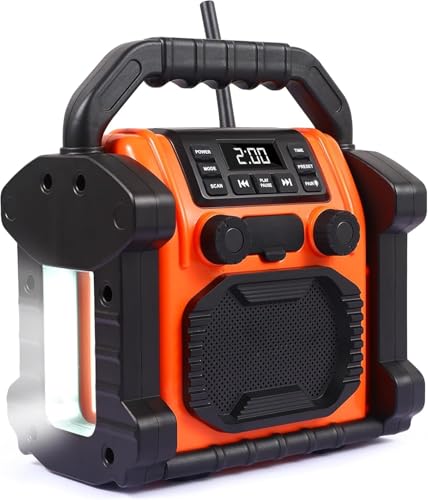Factors to Consider when Choosing the Best Radio for Hiking
When it comes to hiking, having a reliable communication device is essential for your safety. One of the most commonly used devices for outdoor communication is a radio. However, not all radios are created equal, and finding the best radio for hiking can be a challenging task. Here are some factors to consider when choosing the best radio for your hiking adventures.
Size and Weight
When hiking, you want to carry equipment that is lightweight and doesn’t take up too much space in your backpack. Therefore, the size and weight of the radio are important considerations. Look for radios that are compact and lightweight, so they won’t weigh you down during your hike. There are many portable radios available in the market that are specifically designed for outdoor activities, such as hiking and camping.
Range and Reception
The range and reception of the radio are crucial factors to consider, especially when hiking in remote areas with limited or no cellphone coverage. Look for radios that have a long-range capability to ensure reliable communication over long distances. Additionally, radios with good reception will allow you to receive clear and uninterrupted signals, even in areas with weak signals.
Battery Life and Power Source
Another important consideration when choosing a radio for hiking is the battery life and power source. You don’t want your radio to run out of battery in the middle of your hike, so look for radios with long battery life or the option to use rechargeable batteries. It’s also a good idea to have a backup power source, such as a solar charger or power bank, to ensure that you can charge your radio on the go.
Durability and Weather Resistance
When hiking, you are exposed to the elements, so it’s crucial to choose a radio that is durable and weather-resistant. Look for radios that are designed to withstand rough outdoor conditions, such as shockproof and waterproof radios. These radios will be able to withstand accidental drops, exposure to rain, and other outdoor hazards. Additionally, consider radios with rubberized exteriors for a better grip and protection against impacts.






